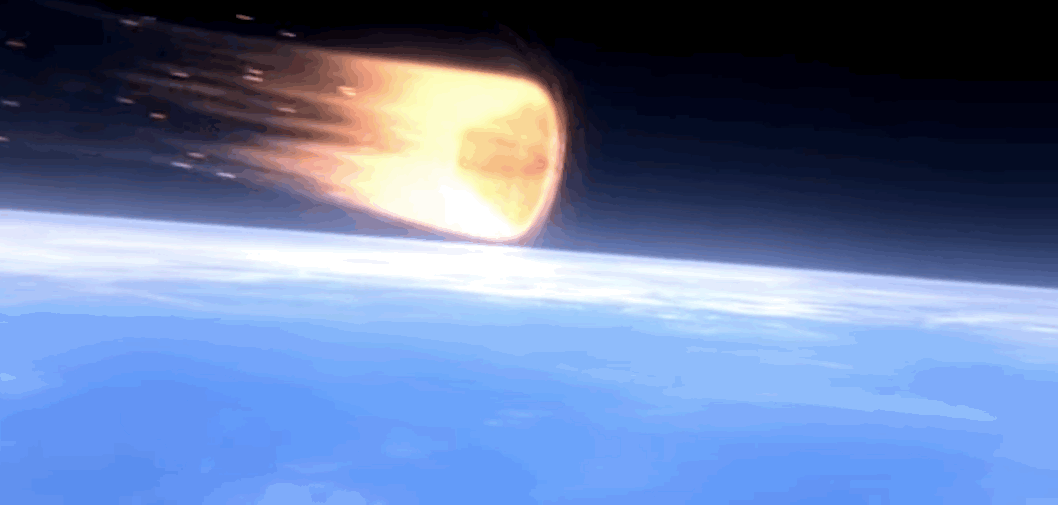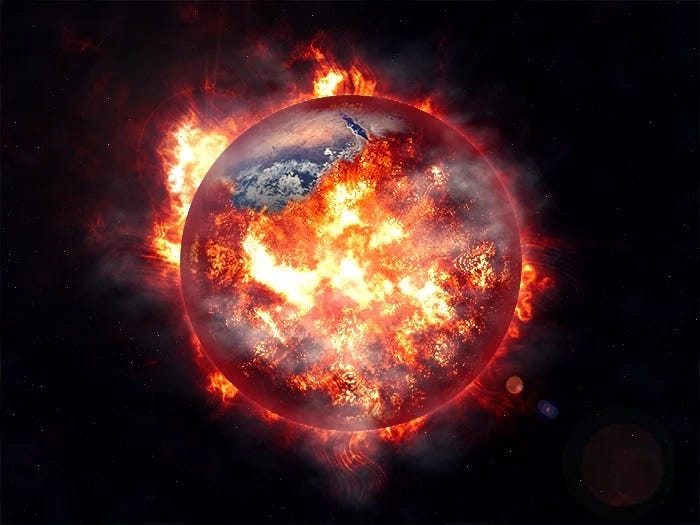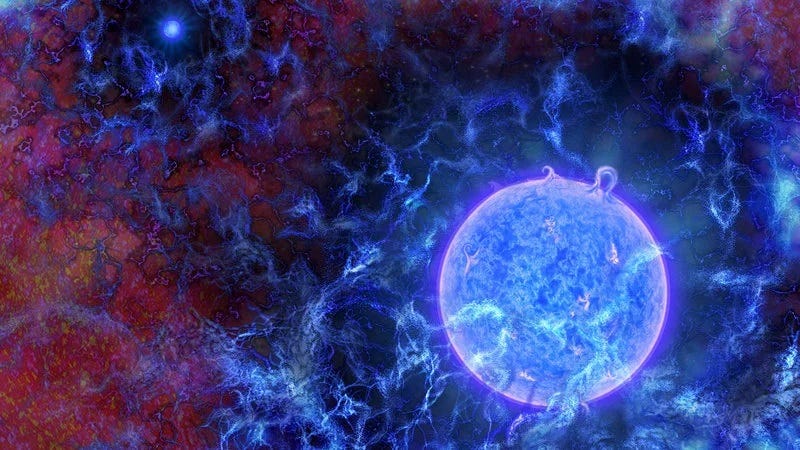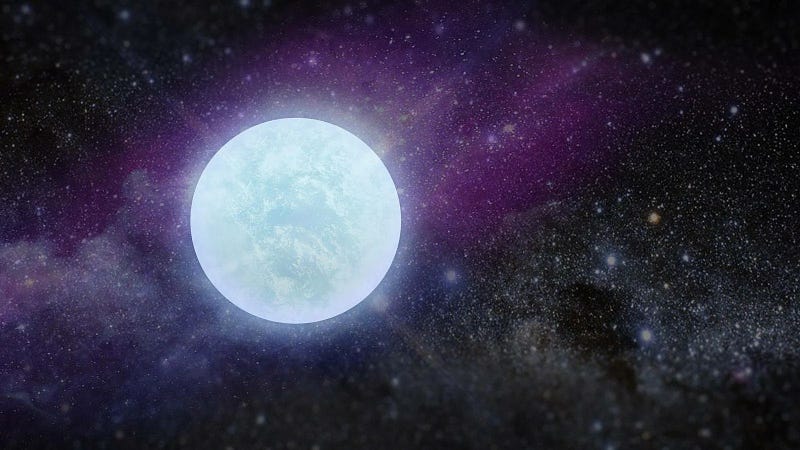Exploring a Hypothetical Air-Filled Space Scenario
Written on
Chapter 1: The Question of Air in Space
Recently, I was posed an intriguing question: What if space were not a vacuum but was filled with air? Would we be able to hear sounds from Mars or other planets? Initially, I hesitated to respond, but the concept soon struck me as amusing enough to warrant an article.
Consider this scenario: all of the vacuum in space is replaced with air identical to Earth's composition, which is roughly 78% nitrogen, 20% oxygen, and about 1% other gases.

In just a few hours, life on Earth would face annihilation. The reason? Friction. When a spacecraft re-enters the atmosphere, it encounters substantial friction from the air. Similarly, small meteoroids rarely reach the Earth's surface because they burn up upon atmospheric entry.
The Earth travels around the Sun at approximately 30 km/s, a speed considerably greater than that at which spacecraft enter the atmosphere. If space were filled with air, the Earth would experience friction, causing the surface facing the direction of its orbit to heat up rapidly.

The inhabitants on the side of Earth facing the sun might find themselves fortunate in one aspect. As the Earth rotates over a 24-hour period, the entire surface would face extreme heat. However, the opposite side of the Earth would become uninhabitable much sooner. The planet would attract air from space, resulting in a swift increase in atmospheric pressure. This heightened pressure, combined with rising temperatures and friction, would create an incredibly hostile environment.

Darkness would envelop this catastrophic scenario. While the air allows sunlight to penetrate, a vast expanse of 150 million km of air would scatter the light, preventing it from reaching Earth effectively.
Section 1.1: Effects on the Solar System
Air would also affect other celestial bodies, particularly our Sun. Gas giants could potentially amass enough mass to become stars due to the influx of air. The orbits of planets would be thrown into chaos, likely leading to collisions with the Sun in a relatively short time span, measured in tens to hundreds of thousands of years.
Subsection 1.1.1: The Birth of New Stars
In the depths of interstellar space, the accumulation of air would collapse under its own mass, possibly igniting new forms of stars primarily composed of nitrogen and oxygen.

If we entertain the notion that all of this could somehow be avoided, and planets continued in their orbits free from the gravitational effects and friction of the massive air, we would still be unable to hear sounds from Mars.
Mars is an incredibly distant planet. Just as we can barely hear sounds from across a city unless they are exceptionally loud, sound waves diminish as they travel through any medium. Therefore, even in this hypothetical air-filled universe, sounds from Mars would remain inaudible.
Chapter 2: Exploring Further
The first video titled "Why Does The Vacuum Of Space Not Suck Away Our Atmosphere?" explores the fundamental nature of space as a vacuum and its implications for Earth's atmosphere.
The second video "What If Space Was Filled With Air?" delves into the consequences of an air-filled universe and the catastrophic effects on planetary systems.
Clap if you want to see more articles about space in your feed! Subscribe to our channel and feel free to submit your questions for future articles. If you appreciate my work, consider supporting me on Medium for just $5 a month, helping us create even better content.